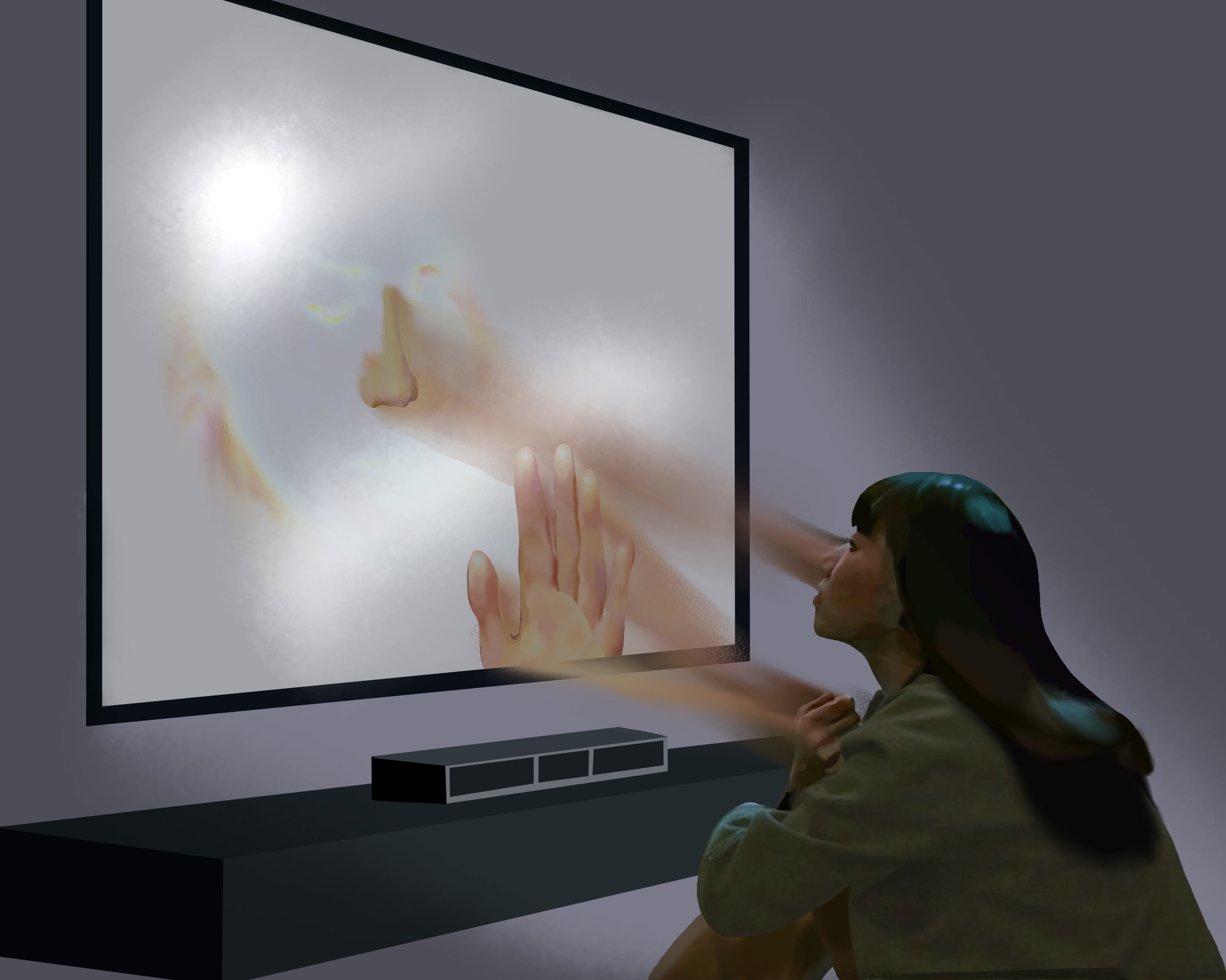Escapism on screen: The rise of TV fantasies during hardships
Understanding TV escapism, its origins, and pros and cons.
Escapism through TV has become increasingly common in our lives, especially with the expanding genres of shows and movies being released. People will often distract themselves from unpleasant aspects of reality by binge-watching a series, creating fan accounts and edits, and writing fanfiction about their favourite characters. Some might even daydream, imagining themselves living in the worlds depicted in these media forms, crafting their own stories.
But why is it such a common coping mechanism? The answer seems to vary from person to person. For some, it’s a way to divert from personal problems, whether they are related to work, family, self, or relationships. It could be that some movies or shows provide people with comfort, and many resonate with fictional characters and form attachments to them. On the other hand, looking at our human history, storytelling has been prominent across various cultures as a means to imagine another reality and live through these stories being passed on. Across generations, the art behind storytelling has remained the same. It’s the medium that has changed with time.
A prime example of this brings us back to the 2020 lockdown, with many people on TikTok and binging the Harry Potter movies. The love for the series led to the creation of #dracotok where fans of Harry Potter, specifically of the character Draco Malfoy, would create video edits posing as students of Hogwarts, portraying interactions with Malfoy. Various trends took over and people would photoshop themselves with Malfoy, imagining a relationship with him and creating POV scenarios. This progressed to the concept of ‘shifting realities’ where people believed that infinite realities existed and you would have to enter a state of lucid dreaming that would transfer your consciousness to Hogwarts, allowing you to live as a student of Wizardry. Many steps for this process would be carefully created and shared amongst fans, showing escapism through the Harry Potter series and diverting from the isolation caused by the pandemic.
Knowing all of this, let’s debrief: What are the pros and cons of escapism through TV? Without a doubt, this can improve one’s mental health as a way of stress reduction and distraction from problems, as these false realities give people what they lack in their authentic realities. Some people may also meet others who use the same series to cope and destress with. Sharing similar interests and potentially similar situations allows for bonding and creating meaningful connections. On the other hand, this prevents people from resolving their real problems and can lead them to fall behind in life (i.e. work or school). The problem isn’t being solved, just ignored. It can also cause people to withdraw from real relationships and create distance from their loved ones.
So, is this healthy? Well, balance is key. It can be beneficial if you aren’t consumed by escapism and use it to de-stress sometimes. However, trying to completely shut out reality, and living through a series can have immensely negative psychological impacts on anyone.

